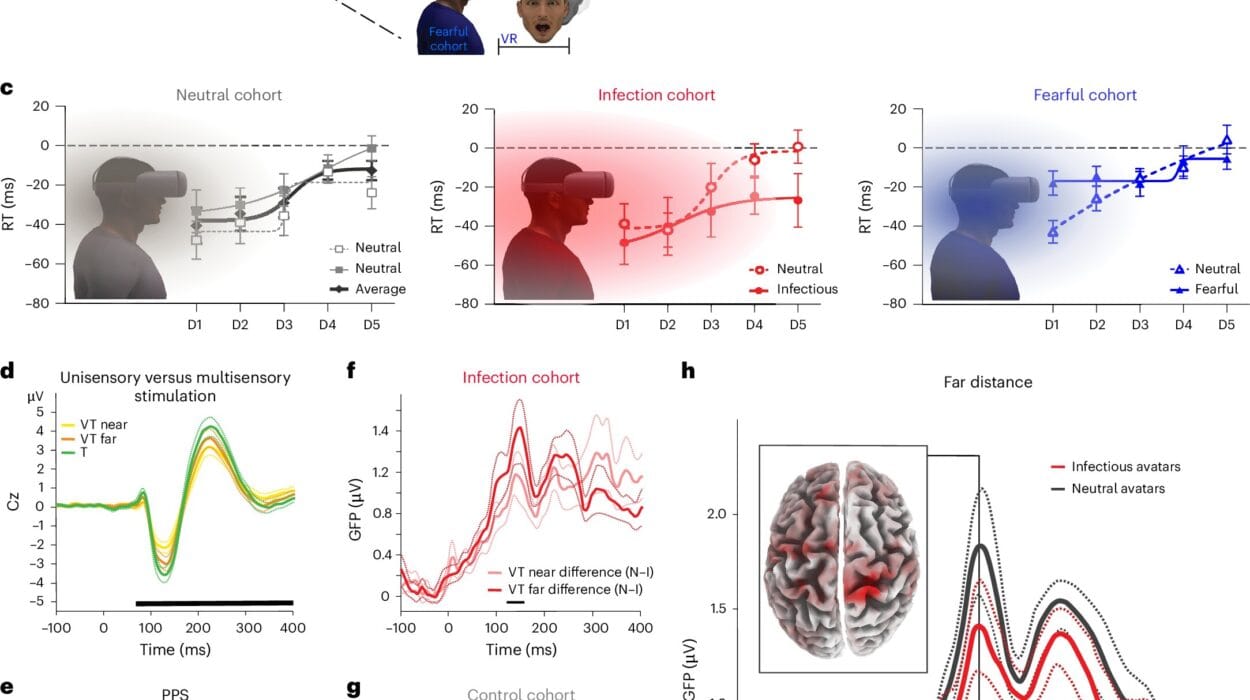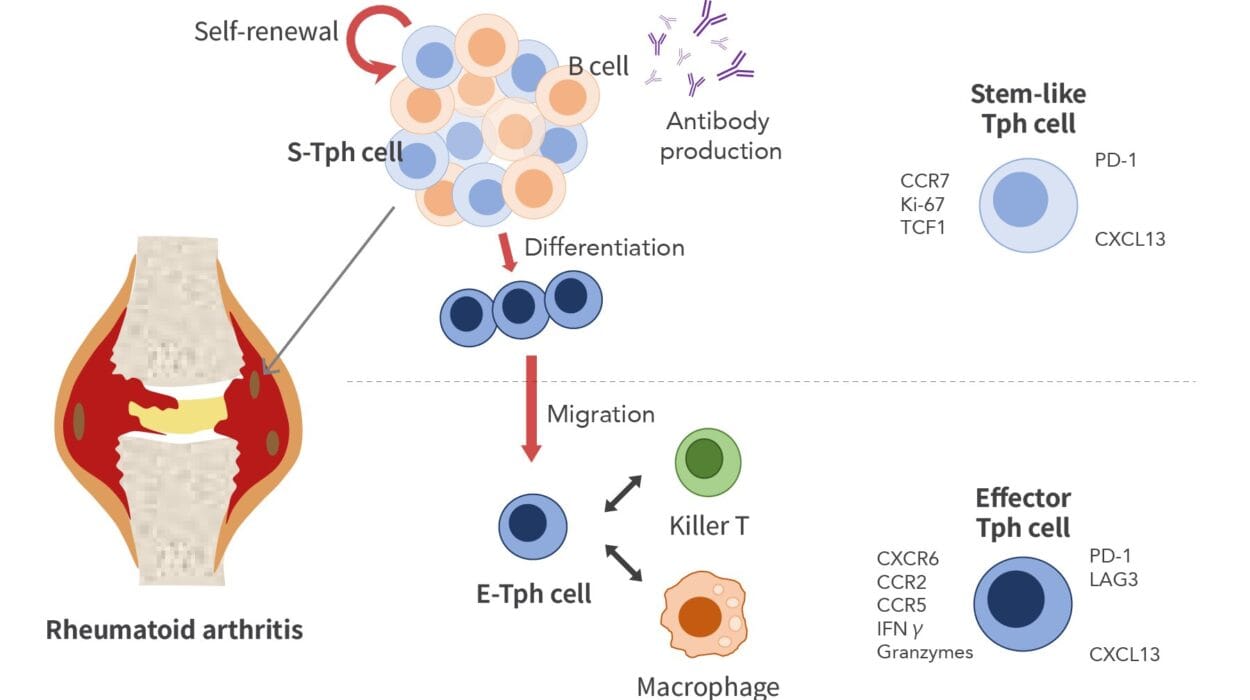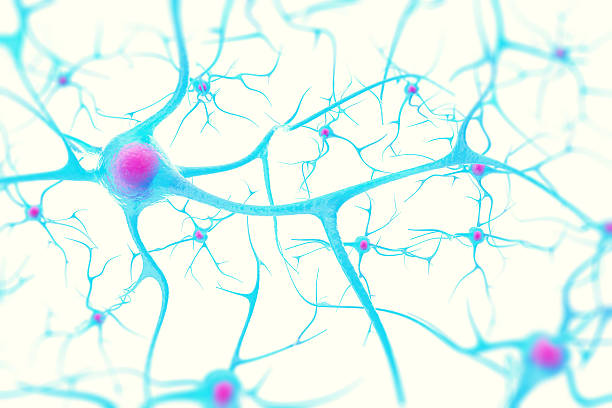When someone asks, “Are you healthy?” it might seem like a straightforward question. If you’re not coughing, sneezing, or bedridden, you might be tempted to say yes. But true health is far more than just avoiding illness. Good health is a vibrant, multi-dimensional state that encompasses your physical vitality, mental clarity, emotional balance, social connection, and even your spiritual fulfillment. It’s not just about living long—it’s about living well.
Health is not a destination you reach one day; it’s a lifelong journey. It’s an ever-evolving relationship with your body, mind, and environment. This guide will take you through the many layers of what good health really means in the 21st century, debunk common myths, and help you build a vision of wellness that’s not only attainable but enjoyable.
So, buckle up and get ready to explore the complete picture of wellness—a picture more colorful and complex than you might expect.
The Changing Definition of Health
Back in 1948, the World Health Organization (WHO) defined health as “a state of complete physical, mental and social well-being and not merely the absence of disease or infirmity.” For its time, this was revolutionary. Instead of simply focusing on disease, it acknowledged the holistic nature of human well-being.
However, critics have noted that the word “complete” in the definition sets a nearly impossible standard. After all, how many people can say they are completely well at all times? Life is full of stress, minor ailments, and ups and downs. That’s why more modern interpretations of health emphasize resilience, adaptability, and functionality.
Today, health is often seen as the ability to adapt and self-manage in the face of social, physical, and emotional challenges. In other words, being healthy doesn’t mean you’re invincible—it means you can bounce back when life throws you curveballs.
Physical Health: The Foundation of Well-Being
Let’s start with what most people think of first when they hear the word “health”: the body. Physical health is often considered the cornerstone of wellness. It’s the most visible and measurable aspect, and it can be influenced by many factors—from your genes to your lifestyle choices.
Physical health includes several critical components: nutrition, physical activity, sleep, hydration, and regular medical checkups.
Eating a balanced diet isn’t just about avoiding fast food or cutting carbs. It’s about nourishing your body with the nutrients it needs to function optimally. That means getting a wide variety of fruits, vegetables, proteins, healthy fats, and whole grains. Your diet also influences your immune system, mood, and long-term risk of chronic diseases.
Exercise is another pillar. You don’t have to run marathons or spend hours in the gym. Regular movement—walking, cycling, dancing, swimming—keeps your heart strong, your muscles toned, and your mind sharp. Even stretching or practicing yoga can make a huge difference.
Sleep, too, is often underestimated. It’s not just about feeling rested; it’s when your body repairs itself, balances hormones, and processes emotions. Chronic sleep deprivation is linked to obesity, heart disease, depression, and even early death.
Staying hydrated is simpler but no less essential. Water helps transport nutrients, regulate temperature, and flush out toxins. Dehydration can impair focus, mood, and energy.
And of course, don’t skip those annual check-ups. Preventative care catches problems early, when they’re easiest to treat. Blood pressure, cholesterol, cancer screenings—all these are tools to maintain your physical well-being.
Mental Health: The Silent Partner in Wellness
You can have a perfect diet and a six-pack, but if your mental health is suffering, your overall health will suffer too. Mental health includes emotional, psychological, and social well-being. It affects how you think, feel, and act, as well as how you handle stress, relate to others, and make choices.
Stress is one of the most common mental health challenges today. Whether it’s work pressure, financial worries, or relationship struggles, chronic stress wears you down. It’s not just a feeling; it triggers inflammation, disrupts sleep, weakens immunity, and contributes to heart disease and depression.
Anxiety and depression are two other major mental health issues that millions face, often silently. These conditions can be debilitating, and they’re often misunderstood or stigmatized. Seeking professional help isn’t a sign of weakness—it’s a sign of wisdom. Therapy, medication, lifestyle changes, and social support can all help restore mental balance.
Practicing mindfulness, journaling, talking to trusted friends, or simply taking time to rest can work wonders. In a world that prizes productivity, slowing down to tend to your mental health is an act of rebellion—and of self-respect.
Emotional Health: Feeling the Feels—And Handling Them
Closely linked to mental health is emotional health, which refers to your ability to understand and manage your emotions. It’s about being aware of your feelings—joy, anger, fear, love—and responding to them in healthy, constructive ways.
You don’t need to be happy all the time to be emotionally healthy. In fact, toxic positivity—the belief that we should always stay upbeat—can be harmful. Real emotional health means allowing yourself to grieve, rage, cry, and worry when life gets hard. It also means finding healthy outlets for those emotions rather than bottling them up or lashing out.
Emotional intelligence, which includes self-awareness, self-regulation, empathy, and social skills, plays a key role in both personal and professional success. The more emotionally intelligent you are, the better you can navigate conflict, maintain relationships, and cope with adversity.
Social Health: The Power of Connection
Humans are social creatures. Even the most introverted among us need meaningful connections. Social health refers to the quality of your relationships and your ability to form bonds, communicate, and contribute to your community.
Loneliness is an epidemic in modern society. Studies have shown that chronic loneliness can be as harmful to your health as smoking 15 cigarettes a day. It’s linked to depression, anxiety, heart disease, and even premature death.
Building social health doesn’t mean having hundreds of friends or a bustling social calendar. It’s about having people you trust, who support you, and who you can be your authentic self around. Whether it’s family, friends, coworkers, or neighbors, nurturing those connections is essential for your overall wellness.
Acts of kindness, volunteering, joining a group or class, and simply making time for loved ones can strengthen your social health. And if you’re struggling with toxic relationships, setting boundaries or seeking help can be just as important.
Spiritual Health: Meaning Beyond the Material
Spiritual health doesn’t necessarily mean religion. It’s about having a sense of purpose, values, and connection to something greater than yourself. This could be faith in a higher power, reverence for nature, or commitment to a cause.
Spiritual health gives life meaning, helps you cope with suffering, and provides a framework for ethics and compassion. People with strong spiritual health often report greater life satisfaction, resilience, and emotional stability.
Practices like prayer, meditation, gratitude, nature walks, or reading sacred texts can nurture your spiritual life. So can acts of service, forgiveness, and self-reflection. Spirituality reminds us that health isn’t just physical or mental—it’s also about the soul.
Environmental Health: The Spaces We Inhabit
Where you live, work, and play matters more than you might think. Environmental health focuses on the external factors that influence your well-being—from clean air and safe water to noise levels and green spaces.
Pollution, toxic chemicals, overcrowding, and poor housing conditions can undermine every other aspect of health. At the same time, living in a clean, green, and safe environment supports both physical and mental health.
Taking steps to reduce your environmental footprint—like recycling, using public transport, supporting sustainable brands—can not only improve your surroundings but also give you a sense of agency and purpose.
Even simple changes like decluttering your home, growing a garden, or spending time in nature can boost your mood and clarity.
Financial Health: The Often-Ignored Dimension
Money might not buy happiness, but financial stress certainly affects health. Constant worry about bills, debt, or job security leads to anxiety, poor sleep, unhealthy coping behaviors, and sometimes even chronic illness.
Financial health means having enough resources to meet your basic needs, manage emergencies, and plan for the future. It’s about budgeting, saving, spending wisely, and investing in your well-being.
Improving financial health often involves learning skills many of us were never taught—like how to read a credit report, plan for retirement, or avoid scams. Seeking financial counseling, setting realistic goals, and building a safety net can make a world of difference.
A financially secure person is freer to pursue passions, care for their health, and make choices based on values rather than desperation.
Sexual and Reproductive Health: Body, Consent, and Choice
Another important, though often taboo, aspect of wellness is sexual and reproductive health. This includes safe sex practices, consent, family planning, fertility, and respect for diverse identities and orientations.
Understanding your body, advocating for your needs, and accessing accurate information are key to maintaining sexual health. This means regular screenings for STIs, practicing safe sex, and open communication with partners.
Sexual wellness also includes emotional safety, mutual respect, and pleasure. Unfortunately, misinformation, shame, and cultural taboos can get in the way. Comprehensive sex education and judgment-free healthcare are vital components of this dimension of health.
Preventative Health: Staying Ahead of the Curve
An ounce of prevention really is worth a pound of cure. Preventative health involves proactive steps to reduce your risk of disease and detect problems early.
This includes vaccinations, screenings, healthy lifestyle choices, stress management, and being informed about your family medical history. Building good habits now can pay off for decades.
Think of it as maintenance for your most valuable possession—your body. Regular check-ups, blood tests, dental visits, and even mental health check-ins are all part of a smart, preventative approach.
Holistic Health: The Interconnected Web
All these dimensions don’t exist in isolation—they’re deeply connected. Your physical health affects your mental state, which influences your emotional balance, which impacts your relationships, which circle back to your environment and values.
Holistic health means seeing the big picture. It recognizes that humans are complex beings, and wellness involves every part of life—from your morning routine to your spiritual beliefs, from your relationships to your relationship with yourself.
It also means listening to your body and intuition. You don’t need to follow every trend or eat kale three times a day. You need to find what makes you feel alive, strong, peaceful, and grounded.
The Role of Culture, Gender, and Identity
Health is also shaped by your background, culture, and identity. Access to care, attitudes toward mental illness, dietary habits, body image standards—all of these vary greatly across different cultures and communities.
Gender, race, socioeconomic status, and sexual orientation can affect health outcomes due to systemic inequalities. Recognizing these disparities is crucial for creating a more just and inclusive health system.
Empowering people to make informed choices, honoring diverse definitions of health, and challenging discrimination are part of the larger mission of wellness.
Redefining Success: Wellness as a Lifestyle
In a world that often equates success with productivity, it’s easy to neglect health in the name of ambition. But what’s the point of wealth, fame, or achievement if your body is exhausted and your soul is empty?
Wellness is not about perfection. It’s about balance, awareness, and intention. It’s about choosing foods that nourish, relationships that uplift, thoughts that heal, and routines that rejuvenate.
It’s about being kind to your body, gentle with your mind, generous with your heart, and conscious with your choices. It’s about creating a life you don’t need to escape from.
Conclusion: The Journey of a Lifetime
Good health isn’t a final destination or a flawless state—it’s a journey of daily decisions, big and small. It’s about how you eat, move, sleep, think, love, work, play, and connect.
It’s a dance between science and intuition, discipline and joy, solitude and community. There’s no one-size-fits-all formula, but there are universal truths: listen to your body, care for your mind, honor your spirit, and nurture your relationships.
In the end, health is freedom—the freedom to live fully, love deeply, and be who you were meant to be. And that is the most beautiful goal of all.






